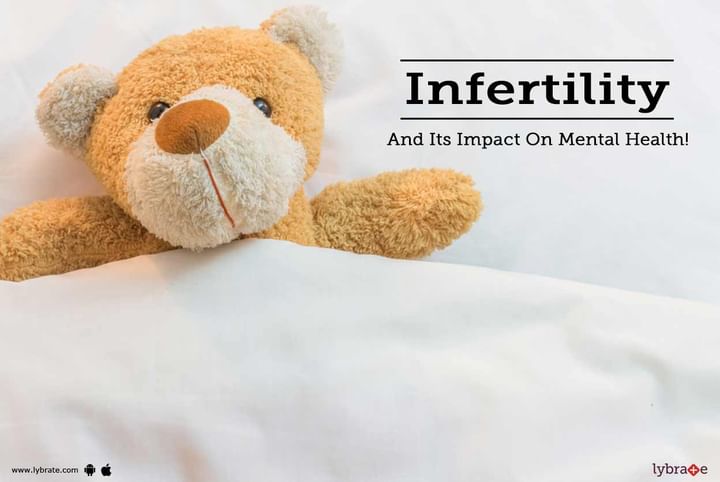Infertility And Its Impact On Mental Health!
For women, less than thirty five years of age, infertility is characterised as the powerlessness to conceive a child after one year of unprotected sex. For women matured thirty five to forty years, it is characterised as a failure to conceive after six months of unprotected sex. For women beyond forty years of age, it is the failure to conceive after three months of unprotected sex. Infertility is also, the powerlessness to conceive a pregnancy to term, for example, in cases of unfortunate miscarriage.
The reason for infertility is the problem on both genders; thirty percent is male related barrenness and 30 thirty percent is female related barrenness. However, it is not just a physical problem. Infertility can affect a woman’s mental health. This is how that is possible:
- Medicine reactions: Medications and hormones used to treat infertility may bring about many types of mental reactions. For instance, the engineered oestrogen clomiphene citrate (Clomid, Serophene), most of the time recommended because it enhances ovulation and increases the sperm creation. However, it may bring about nervousness, rest intrusions, mood swings, and crankiness women. These reactions have not yet been recorded in men. Other fertility medicines may bring about sorrow, madness, and irritation and concentration issues.
- Cash stress: Only a very few states and countries provide insurance for infertility treatment. Expenses of infertility medications are very high. For patients who do not have insurance, the scope or the way to pay for treatment, not having the capacity to acquire treatment may add to the feeling of helplessness and misery. Indeed, even patients with the insurance plan may find that copayments or restrictions on the plan mean they should pay huge sums out of their own pockets.
- Decisions and results: Overall, infertility medications help only some of the patients and they get to be parents. The mental health of those who cannot deteriorate because of their thought of getting older day by day. Patients who learn they are to end up being parents might be excited, additionally should figure out how to change in accordance with new patterns and ways, both during pregnancy and after pregnancy. Women who have endured various premature deliveries, for instance, are probably going to feel restless about whether they will have the capacity to convey to full term or not. More established couples might argue about whether to experience pre-birth testing, for example, amniocentesis.
- Sexual desires: Infertility can also influence a person’s sexual self-esteem, learning, and execution. Many couples have intercourse as an approach to relax. At the point when sex is interrupted with disappointment and dissatisfaction, couples may lose their passionate association. The weight to perform or to have sex because of infertility medications can disengage partners and separate couples. Fertility medicines additionally make sex less stressful, as it gets to be distinctly centred around fertility instead of entertainment. If you wish to discuss about any specific problem, you can consult a Psychologist.



+1.svg)
